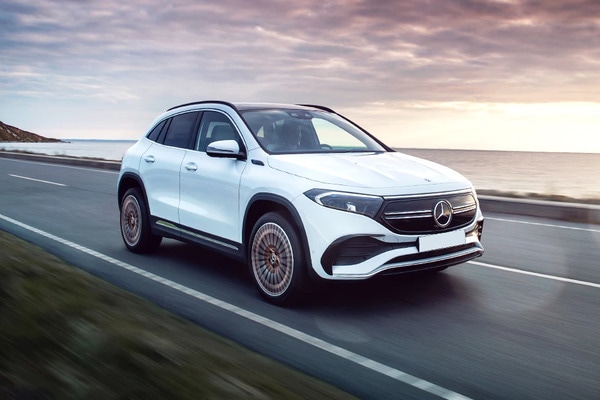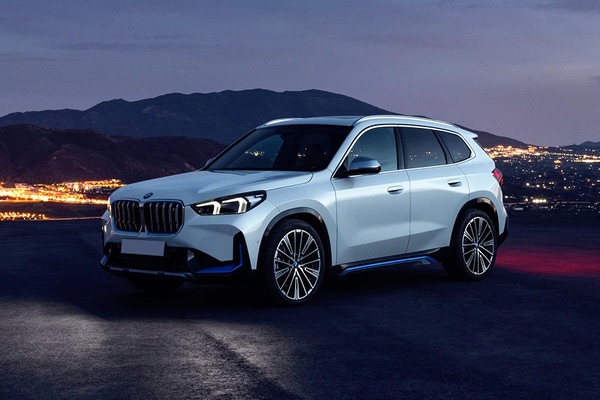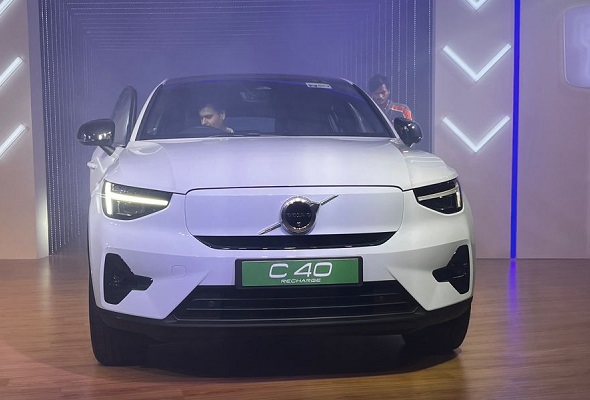Ford’s exit foretells Brazil’s troubles
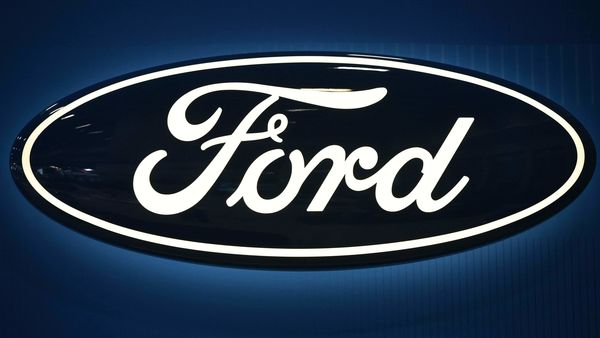

When Ford Motor Company announced it was shuttering its operations in Brazil this week, the reaction was swift and shrill. Adversaries of President Jair Bolsonaro were quick to blame official neglect and ineptitude, to the delight of cartoonists and social media warriors. Bolsonaro faulted decades of dirigisme and accused Ford of plumping for subsidies, even as the Economy Ministry scolded the automaker on Twitter for snubbing the “strong recovery" ostensibly already under way.
Also Read : Brexit tariffs force Ford to hike prices of several models in UK
Ford was one of South America’s pioneer multinationals, setting up its first assembly line for the Model T in Brazil in 1919 and full-scalemanufacturing plants in 1953. The brand, often feted by national leaders, has been synonymous with Brazil’s leap into the industrial age, a badge of progress for an awakening mass consumer society in a continental country. So why walk away from the second biggest market in the Americas, with a 58-million strong car park and a nation bound by ribbons of road — never mind why forsake Brazil for historical rival and recidivist economic deadbeat Argentina?
Also check these Vehicles
The answer is complicated, with causes ranging from a global technological reset in the mobility industry to vexatious Brazilian taxation and production costs to the country’s decade-long economic torpor capped by the pandemic crash. Ford’s Brazil sales dropped 39% last year over 2019, more than for any other automaker. Argentina’s production costs, gutted by a crashing peso, also beckoned. And although Brazil boasts an enviable domestic consumer base, in a competitive, cross-continental industry that depends on procuring parts and partners across multiple time zones, it has become a distant and costly platform from which to export to the rest of the world.
Also Read : Brazil President Jair Bolsonaro slams Ford for ending operations in the country
Yet for all the domestic political sniping over who lost Ford, Brazil would do better to ask what the shutdown of three factories and 5,000 jobs means for a nation struggling to rescue a prostrate market, secure a niche in the global economy and retool a cosseted industry nurtured on last century’s conceits.
Any such inquiry should begin with a hard look at made-in-Brazil roadblocks. “Ford’s decision is highly symbolic, and not just because of its centennial market presence," said Sergio Lazzarini, a scholar of Brazilian business culture, who teaches at the Sao Paulo university Insper. The move, he said, calls into question Brazil’s long established development model of lavishing subsidies and tax breaks on select “strategic" industries instead of improving Brazilian market competitiveness, raising productivity and reducing the country’s onerous cost of doing business.
Brazil built its automobile park in the middle of last century, a heady time when nationalism was the gospel and substituting homemade goods for pricey imports was seen as redemption for dependence on iffy foreign capital and the turnkey for a thriving domestic market.
That arrangement involved a pact with world automakers, who agreed to roll out Brazilian-made cars in return for fiscal perks, protection and easy credit. The result was a bell-jar industry with a large and near captive internal market (exports could wait), yet one “overpopulated with automakers, resulting in sub-optimal scale, high costs, low productivity, high consumer prices, and lower skilled jobs," the World Bank reported in 2019.
The model kept Brazilians rolling and gave automakers dibs on Latin America’s economy of record, but it also carried opportunity costs on both sides of the bargain. Brazil eventually boasted 22 international automakers spread over 37 plants, but by 2019 just three accounted for more than half of national output, an unsustainable division of spoils.
Historically ranked among the country’s big four automakers, Ford slipped to fifth position (behind Volkswagen, General Motors, Fiat Chryslerand Renault, in that order) by 2019. The company claims it has lost money in South America for the past 16 years and in Brazil for more than a decade.
If Brazil was no longer a good fit for Ford, the cloistered business model for building automobiles has become a bad fit for Brazil. The concentration on internal sales required high tariffs and incentives that drove up costs, jeopardized exports and held back productivity. Although by early last decade autoworkers still led their peers in aggregate manufacturing value per employee, the sector’s overall productivity plunged by nearly 28% from 2006 to 2013, according to a study by economist Naercio Menezes Filho, also of Insper.
“And the decline took place despite all the industry’s tax incentives and its command ofone of the most organized national lobbies," said Lazzarini. Brazil reportedly distributed some 43.7 billion reais (nearly $8.3 billion) to the auto industry between 2010 and 2020.


Ford denied bagging excessive perks and faulted instead Brazil’s traditional road bumps to competitiveness. Point taken. Businesses in Sao Paulo, Brazil’s enterprise hub, pay 65% of profits in taxes (40% more than their peers in the nations of the Organization for Economic Cooperation and Development) and need 1,501 hours to prepare taxes (10 times the average OECD compliance time) Overall, Brazil, the world’s 8th economy, ranks 124 on the World Bank’s 190-nationleague tables for ease of doing business.
“It’s not just the onerous taxes," said Adriana Dupita of Bloomberg Economics, “but the complicated tax code with its frequent rule changes and shifting interpretations by the tax authority. All this makes producing in Brazil a maddening business, especially for industries like auto-making with a long production schedule."
While perks and pacts kept assembly lines humming, the inward-looking car park has largely failed to integrate Brazil into global value chains or the innovation hubs that are reinventing mobility. Brazil may have pioneered industrial-scale use of clean burning ethanol fuel distilled from sugar cane, but it badly lags in the race to master the next generation of tech-driven, hybrid vehicles. “In a market increasingly dedicated to the electric engines, Brazil’s automakers are still tied to the combustion engine," said economist Edson Domingues, at the Federal University of Minas Gerais. “That’s one reason the country has become something of a residual manufacturer in an increasingly globalized industry."
Doubling down on past mistakes such as subsidies, soft loans and protectionism won’t help and may well drive more companies to leave while keeping competitors away, said Dupita. Instead, political leaders must return to the familiar to-do list of economic reforms — simpler taxes, clearer rules and lower tariffs—which remains stuck in the political equivalent of a Sao Paulo rush hour. “Policymakers need to signal that the time has come for Brazil’s automotive industry to carve out a new, outward-facing role," the World Bank concluded. Whatever the choice, “the industry must someday stand on its own." Or to put in terms a car buyer might understand, if Brazil wants better performance, it needs to trade in yesterday’s developmental model for a new one.
This column does not necessarily reflect the opinion of the editorial board or Bloomberg LP and its owners.
Mac Margolis is a Bloomberg Opinion columnist covering Latin and South America. He was a reporter for Newsweek and is the author of “The Last New World: The Conquest of the Amazon Frontier."







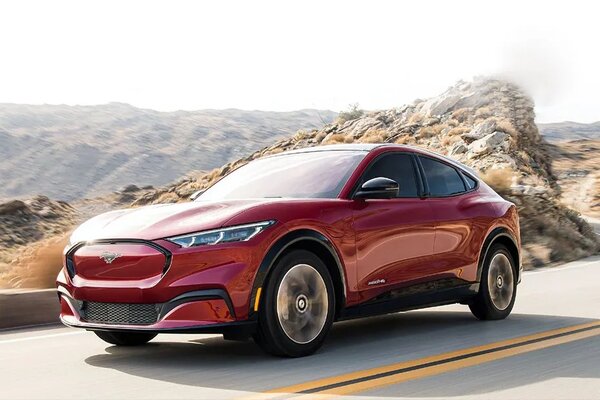
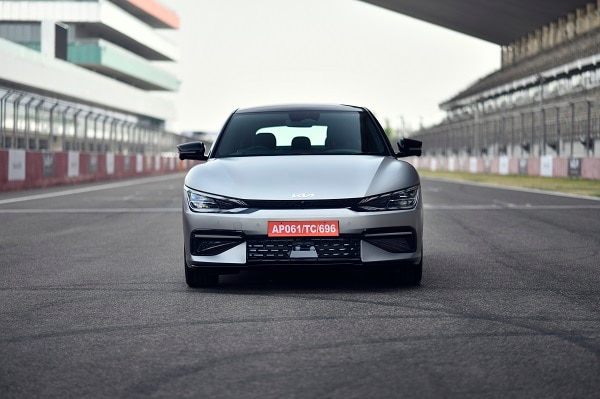
 77.4 kWh
77.4 kWh 708 km
708 km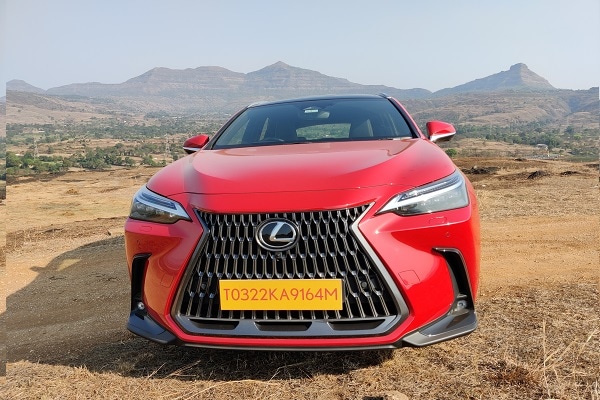
 2494.0 cc
2494.0 cc Multiple
Multiple